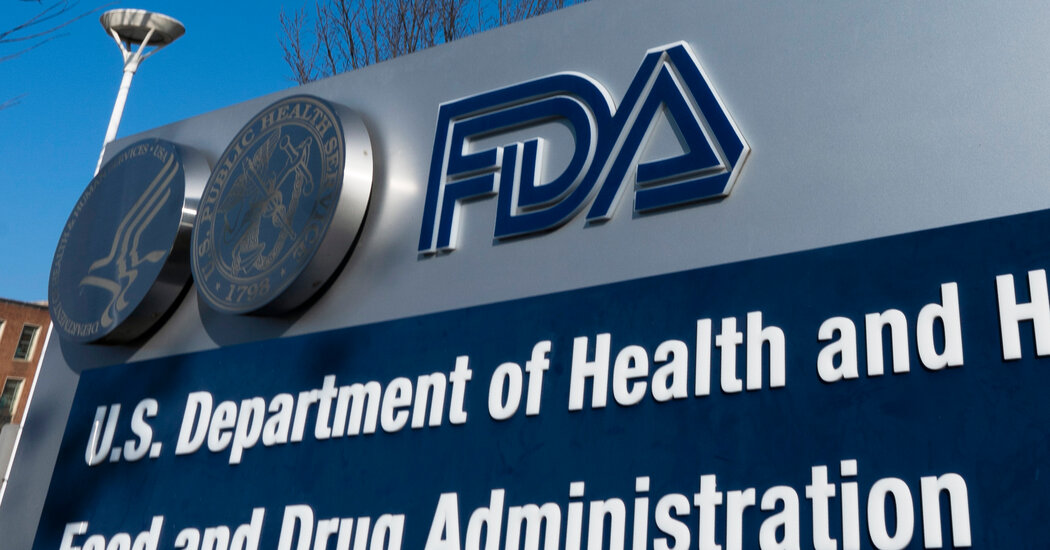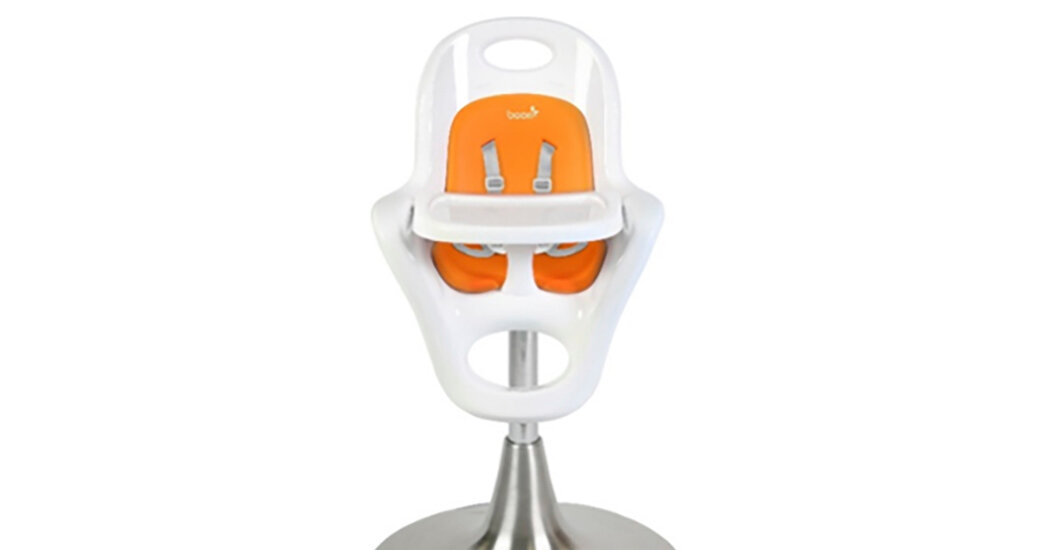Quaker Oats Recalls More Products Over Potential Salmonella Contamination
Several cereals, granola bars and other snack foods were recalled in December. The company added more products to the list this week.The Quaker Oats Company added more products this week to a recall that started last month over possible salmonella contamination, raising the total number of products to more than 60.Quaker Oats, which is owned by PepsiCo, initially recalled 43 products, including granola bars, cereals and various snack foods. On Thursday, the company added 24 products to the list.The newly recalled items include Quaker Chewy Granola Bars, Gatorade protein bars, Cap’n Crunch bars, Quaker Simply Granola Cereals, Gamesa Marias Cereal and other cereals.“To date, Quaker has received no confirmed reports of illness related to the products covered by this recall,” the U.S. Food and Drug Administration said in December. It is unclear if any illnesses have been reported since then.It was not immediately clear how the potential contamination occurred or how or when it first came to the attention of federal regulators or the company. Quaker Oats did not immediately respond to a request for comment on Saturday.On its website, the company listed the recalled products and provided an option to request reimbursement.Customers should check their pantries for any of the products and dispose of them, the F.D.A. said.Salmonella is an organism that can cause serious and sometimes fatal infections in young children, frail or older adults, and people with weakened immune systems.Common symptoms of salmonella include fever, nausea, vomiting, abdominal pain and diarrhea, which may be bloody. In rare cases, salmonella can get into the bloodstream and result in more severe illnesses, such as infected arteries, according to the F.D.A.Individuals who are exposed usually start to feel sick six hours to six days later. Most infections are mild and last between four and seven days.Other recent salmonella-related recalls have been linked to a variety of foods, such as vegetables, fruits and meats. At least two people died in a salmonella outbreak linked to cantaloupes that the Centers for Disease Control and Prevention announced in November.Salmonella bacteria cause about 1.35 million infections, 26,500 hospitalizations and 420 deaths in the United States every year, according to the C.D.C.
Read more →




